The Mekong River, stretching nearly 5,000 km from the Tibetan Plateau to the South China Sea, is the farming and fishing lifeline of tens of millions of people in China, Laos, Myanmar, Thailand, Cambodia and Vietnam.
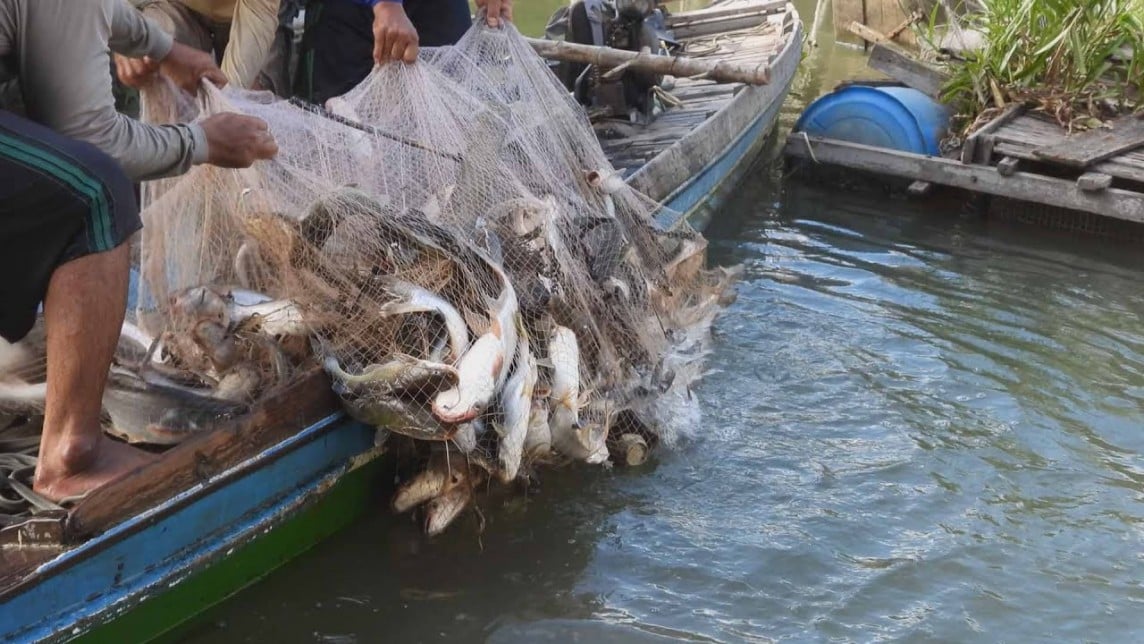 |
| Fish in the Mekong River account for more than 15% of the world 's inland catch. (Illustration photo) |
According to a report by the World Wildlife Fund, threats to the fish include: Habitat loss, conversion of wetlands to agriculture and aquaculture, unsustainable sand mining, introduction of invasive species, worsening climate change and hydroelectric dams that cut off the flow of the river and its tributaries.
“The biggest threat now and growing is hydropower development,” said fish biologist Zeb Hogan, head of the Wonders of the Mekong organization.
Dams alter the flow of the world's third most biodiverse river, altering water quality and blocking fish migration, he said.
Hydropower dams built by several countries upstream have blocked much of the sediment that supplies nutrients needed by tens of thousands of farms in the Mekong Delta, Reuters reported in 2022.
About 19% of the 1,148 fish species in the Mekong River are at risk of extinction, conservationists say, adding that the number could be higher because so little is known about 38% of known species.
Among those facing extinction are 18 listed as “critically endangered” by the International Union for Conservation of Nature, including the world’s two largest catfish, the world’s largest carp and the giant freshwater stingray. “Some of the largest and rarest fish… anywhere on Earth are found in the Mekong,” Hogan added.
The report also said that the decline in fish in the Mekong River – which accounts for more than 15% of the world’s inland fish catch, generating more than $11 billion annually – could compromise the food security of at least 40 million people in the lower Mekong basin whose livelihoods depend on the river.
It is not too late for delta countries to make concerted efforts to reverse the negative impacts on fish populations. “If we all work together to develop the river sustainably, there is still hope,” said Mr. Hogan.
Source



![[Photo] Opening of the 14th Conference of the 13th Party Central Committee](https://vphoto.vietnam.vn/thumb/1200x675/vietnam/resource/IMAGE/2025/11/05/1762310995216_a5-bnd-5742-5255-jpg.webp)




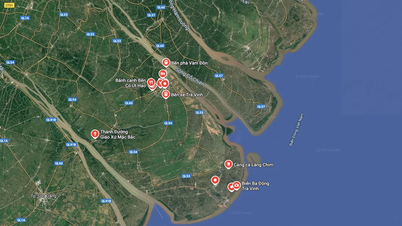

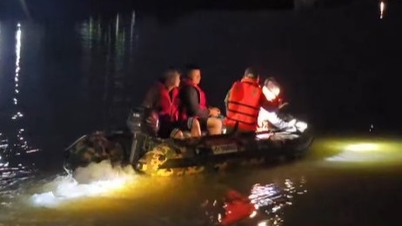

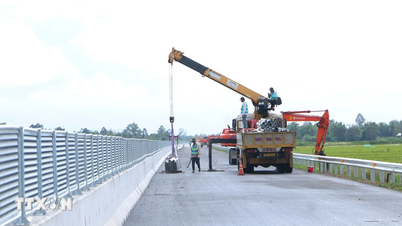



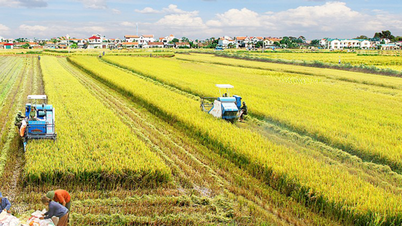





















![[Photo] Panorama of the Patriotic Emulation Congress of Nhan Dan Newspaper for the period 2025-2030](https://vphoto.vietnam.vn/thumb/1200x675/vietnam/resource/IMAGE/2025/11/04/1762252775462_ndo_br_dhthiduayeuncbaond-6125-jpg.webp)










































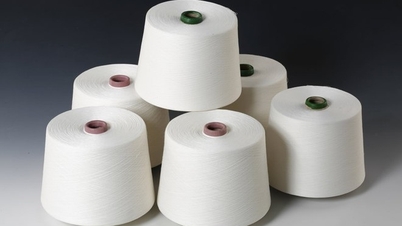



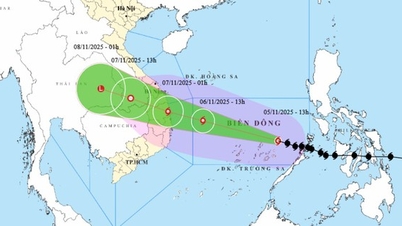






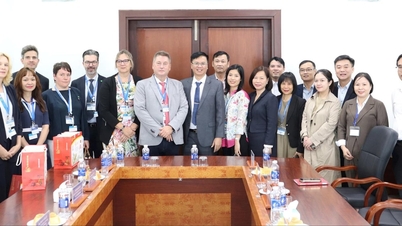





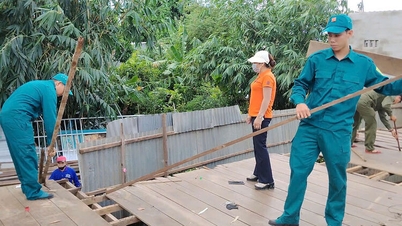















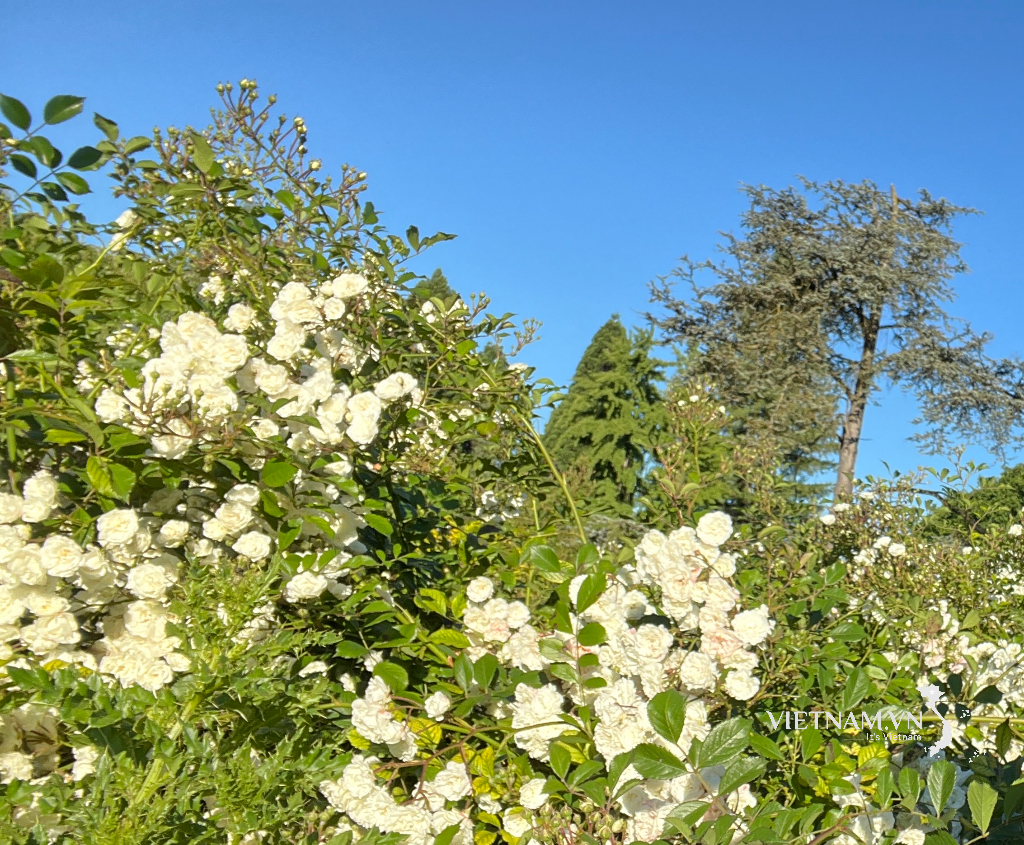

Comment (0)